Controversial Remarks Spark National Debate
In a recent development that has sent ripples across India's political landscape, Udhayanidhi Stalin, son of Tamil Nadu Chief Minister MK Stalin and a minister in his father's cabinet, made a controversial remark equating Sanatan Dharma (Sanathana) with 'mosquitoes, Dengue, Malaria, fever and Corona,' stating that it should be eradicated like these diseases. The statement not only drew sharp criticism from the Bharatiya Janata Party but also sparked a variety of responses within his own party. The DMK defended its leader, claiming his words were 'twisted,' while other voices from across the political spectrum called for restraint. Congress leader Karti Chidambaram, an ally of the DMK from Tamil Nadu, further fuelled the debate by asserting via social media that Sanathana Dharma essentially serves as a code for a caste-hierarchical society, accusing its proponents of longing for a return to a caste-based system.1.
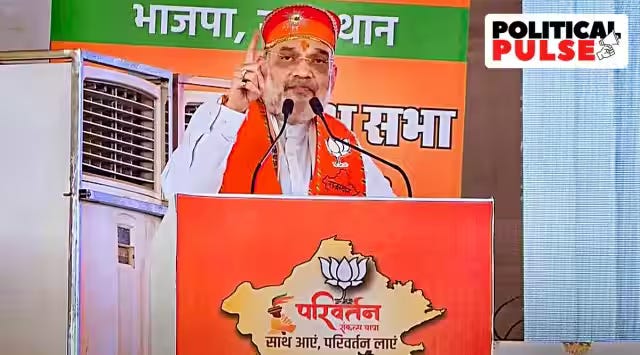
Amit Shah’s Fervent Defence and Counter-Offensive
Home Minister Amit Shah on Sunday delivered a spirited speech in Dungarpur, Rajasthan, where he lambasted Udhayanidhi Stalin's remarks and castigated the parties in the I.N.D.I.A. bloc. Accusing them of disparaging Sanatan Dharma for vote bank and appeasement politics, Shah questioned the morals of leaders willing to jeopardise the faith of nearly 80% of India's population in their quest for power. In no uncertain terms, he asserted that these opposition leaders had insulted this ancient belief system for their own political gains.
A highlight of his speech was when he explicitly proclaimed, 'Sanatana is ruling the hearts of the people.' He further noted that Prime Minister Modi had consistently stated that the Nation would be governed 'on the basis of the Constitution.' Shah emphasised that under Modi's leadership, the country is moving forward without any discrimination on the basis of caste, colour, creed, religion, or gender—truly embodying the spirit of 'सबका साथ, सबका विकास' (Sabka Saath, Sabka Vikas).
Caveats and Clarifications
With the recent controversial remarks and strong counter-reactions in the Indian political arena serving as a backdrop, we find it prudent to delve into the subtle yet profound differences between Sanatan Dharma and Hinduism. It's important to note that we claim no expertise in the subject and would be more than happy to be corrected on the interpretational aspects of our views.
Sanatan Dharma: The Eternal Law
Meaning: "Sanatan Dharma" translates to "Eternal Duty" or "Eternal Law." It represents the eternal and universal principles underpinning human life and the Universe itself.
Scope: The scope of “Sanatan Dharma” extends beyond mere religious practices, dogmas, or doctrines. It focuses on righteous living, ethics, and the eternal truths that govern our existence. In essence, it is a universal doctrine applicable to all sentient beings.
Historical Context: The term "Sanatan Dharma" predates the concept of Hinduism and has been used to describe the myriad ancient religious philosophies indigenous to the Indian subcontinent.
Inclusivity: “Sanatan Dharma” is an inclusive term, encapsulating a wide array of beliefs, philosophies, and practices. It serves more as a way of life than a rigidly structured religion.
Flexibility: The principles of “Sanatan Dharma” don't stipulate a strict regimen of practices or rituals one must adhere to, allowing for a wider interpretation of spiritual or religious activities.
Hinduism: A More Modern Construct
Meaning: The term "Hinduism", as used in the English parlance, is relatively recent, primarily coming into use during the period of British rule in India to categorise the diverse religious practices found across the Indian subcontinent.
Scope: Unlike Sanatan Dharma, Hinduism has a more defined structure, complete with rituals, gods, and goddesses. It comprises specific religious, philosophical, and cultural practices that have evolved over thousands of years.
Historical Context: Originating as a term during British rule, "Hinduism" includes a variety of regional beliefs, including sects like Shaivism, Vaishnavism, and Shaktism.
Inclusivity: While Hinduism is inclusive in its own right, it stands as a religion with its own set of doctrines, rituals, and societal norms.
Flexibility: Hinduism is more organised, boasting a multitude of sects and sub-sects, each with its distinct set of rituals, deities, and scriptures.
In Summary
The Symbiotic Relationship Between Hinduism and Sanatan Dharma
To elaborate, it's crucial to understand that all practices, beliefs, and philosophies traditionally categorised under Hinduism can indeed be considered as segments or facets of the broader, more encompassing paradigm that is Sanatan Dharma. However, the reverse isn't necessarily true. To elaborate, it's crucial to understand that all practices, beliefs, and philosophies traditionally categorized under Hinduism can indeed be considered as segments or facets of the broader, more encompassing paradigm that is Sanatan Dharma. However, the reverse isn't necessarily true. Sanatan Dharma, with its focus on universal, timeless principles like righteousness, ethics, and the eternal truths governing existence, extends far beyond the boundaries defined by the term "Hinduism."
The All-Encompassing Ethical Framework of Sanatan Dharma
Sanatan Dharma doesn't merely serve as a spiritual backdrop to Hinduism; rather, it functions as an overarching ethical and philosophical framework. Almost like an ancient, continually evolving tapestry, it weaves together not just the diverse practices found in Hinduism but also numerous other spiritual and ethical teachings. Its inclusivity and flexibility allow it to go beyond the confines of any single religion, making it both universally applicable and eternally relevant.
Hinduism: A Path Within the Vast Terrain of Sanatan Dharma
Thus, while Hinduism can be seen as a specific path within the broader terrain of Sanatan Dharma, it is but one of the many trails that originate from and return to this vast spiritual landscape. The concepts and practices specific to Hinduism—be they related to gods, rituals, or philosophical sects—constitute just one avenue of understanding within the more expansive view offered by Sanatan Dharma. In this way, Sanatan Dharma serves as both a cornerstone and a canopy for Hinduism, and by extension, for a multitude of other spiritual pathways.
The Importance of Tact in Political Speeches
As the political fervour in India ratchets up in anticipation of the 2024 Lok Sabha elections, it's imperative for political leaders to exercise caution and restraint, especially when speaking on sensitive subjects like religion and caste. India's social fabric is intricately woven with diverse religious and cultural threads, making it susceptible to fraying at the slightest provocation. In such a charged atmosphere, even inadvertent remarks can ignite controversies, potentially escalating into more significant disruptions. While it's crucial to be respectful of the nuances that often get lost in translation, as in the case of Stalin Junior's speech that was in delivered in Tamil, leaders must recognize the explosive potential of their words and their amplified reach in today's interconnected world.
The Complex Legacy of Caste-based Policies
In India, the complex historical issue of the caste system, which is deeply entrenched yet widely acknowledged as a societal inequity, was addressed by the framers of our Constitution. Notably, Dr. B.R. Ambedkar, who himself was a Dalit, instituted reservations based on castes and tribes to redress systemic inequalities rather than to perpetuate divisions. While initially envisioned as a ten-year measure, these policies have been extended and adapted to include other marginalised communities like OBCs and EWS. While the efficacy and scope of these policies certainly merit a comprehensive, separate debate, the current political discourse should ideally focus on more pressing national concerns such as unemployment, inflation, and tepid GDP growth, steering clear of potentially divisive religious or caste-based topics.
Steering the Nation Towards Constructive Dialogue
That said, let's acknowledge that Home Minister Amit Shah's strong counter to Stalin Junior was a warranted corrective action, emphasizing the seriousness with which such remarks are treated. We should not shy away from unequivocal condemnations when the situation demands it. However, as India prepares to make its mark in the upcoming G-20 Summit under Prime Minister Narendra Modi's leadership, let's pivot towards constructive dialogues, aiming for reconciliation and healing. Politicians and citizens alike should aspire to a vision that unites rather than divides, particularly when we stand on the global stage.
======================
REQUEST: If you enjoyed this article from 'The KBS Chronicle', we encourage you to share it with others who might also find it valuable.
Click the link below to access easy sharing options for Twitter, Facebook, and Email. The same link also generates a web-link that can be shared via messaging apps like WhatsApp, Telegram, or Signal, in both individual and group settings.
Thank you for your support.




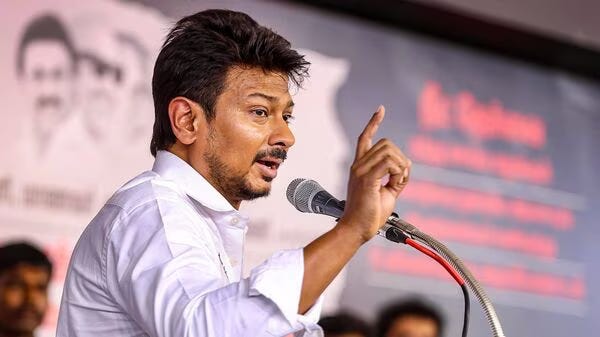
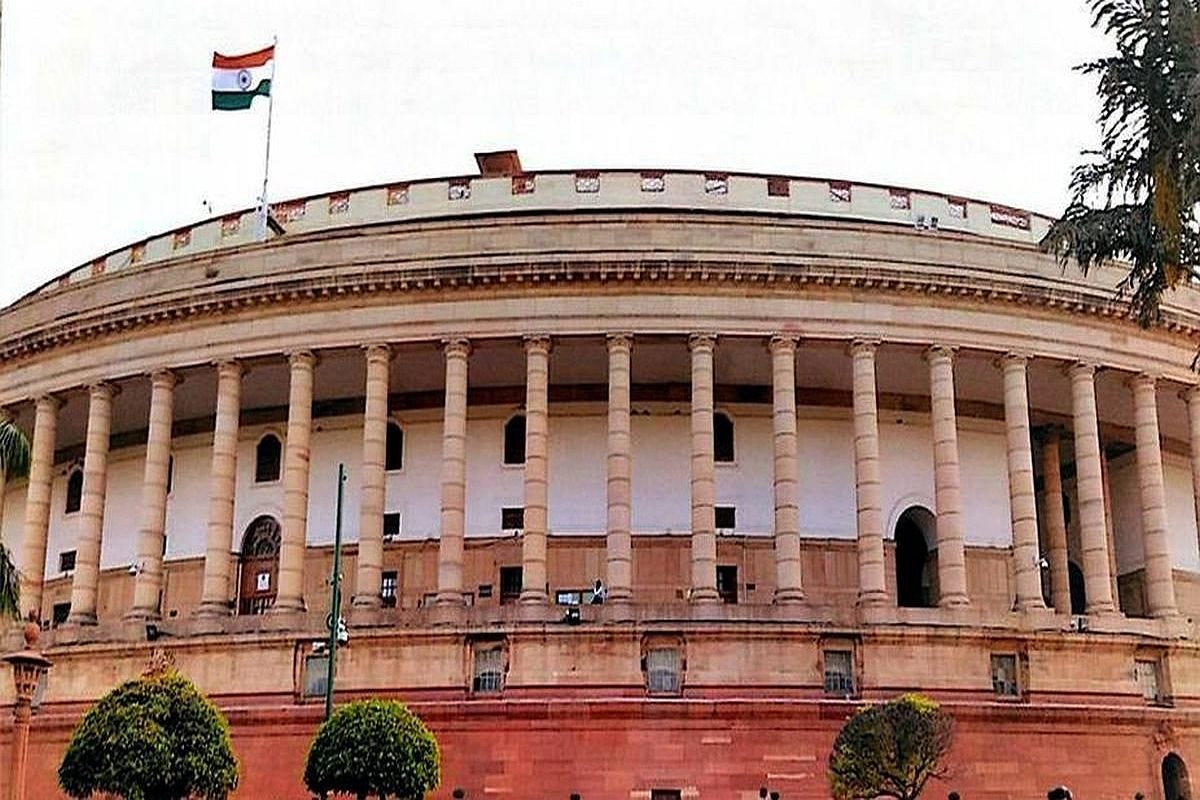
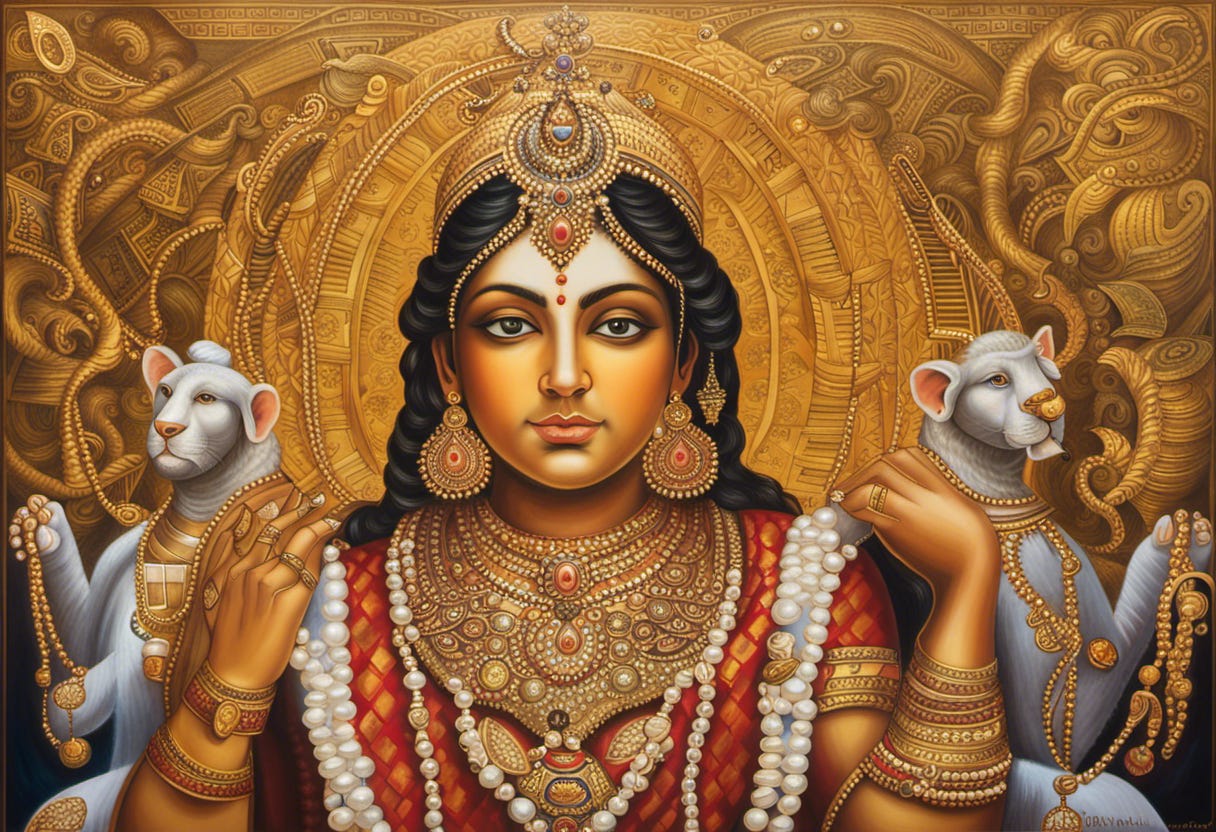
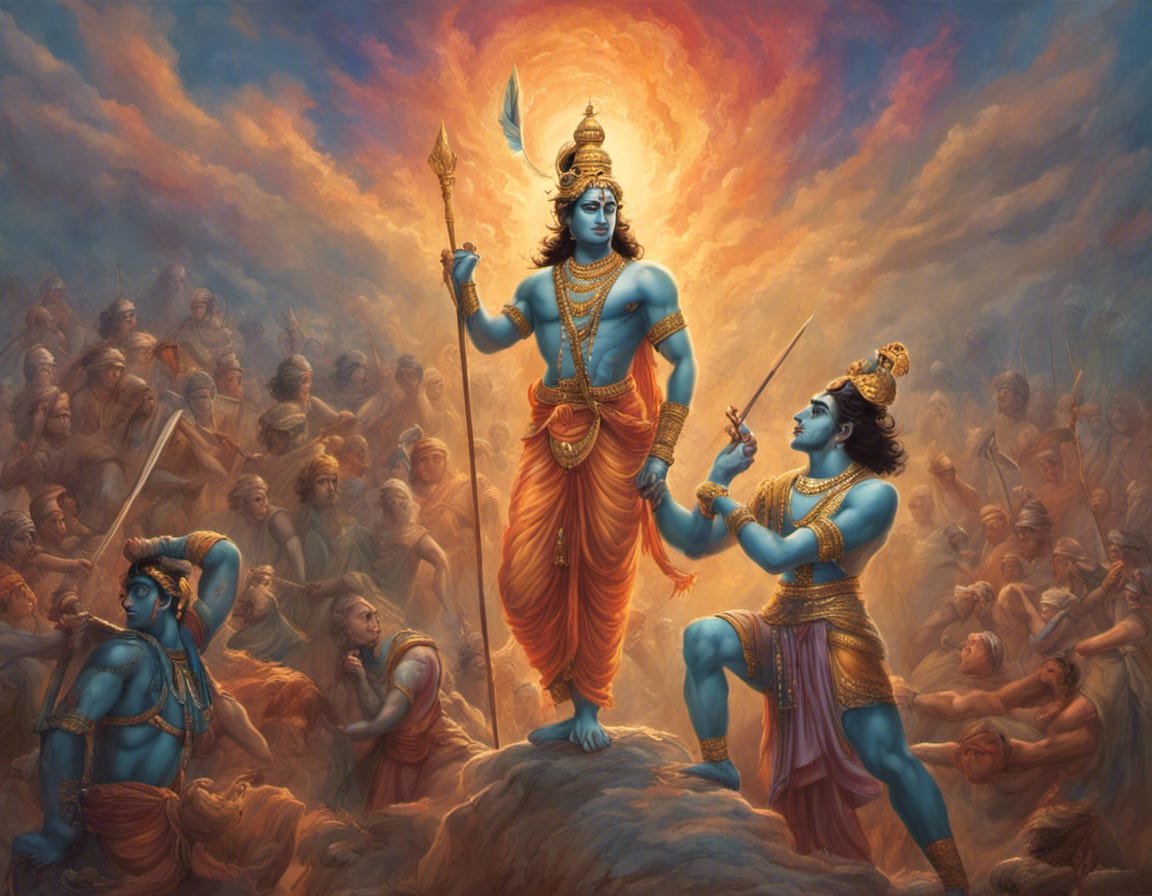
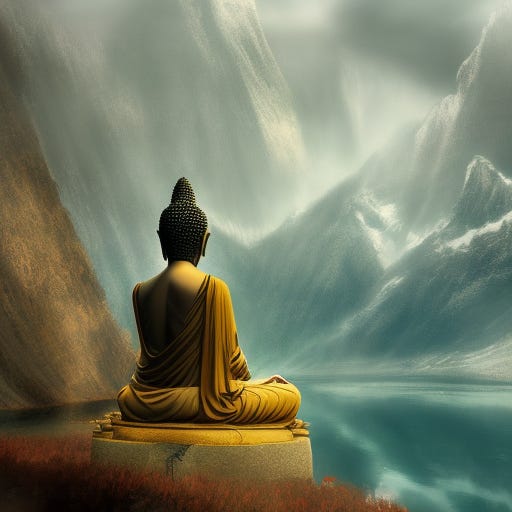






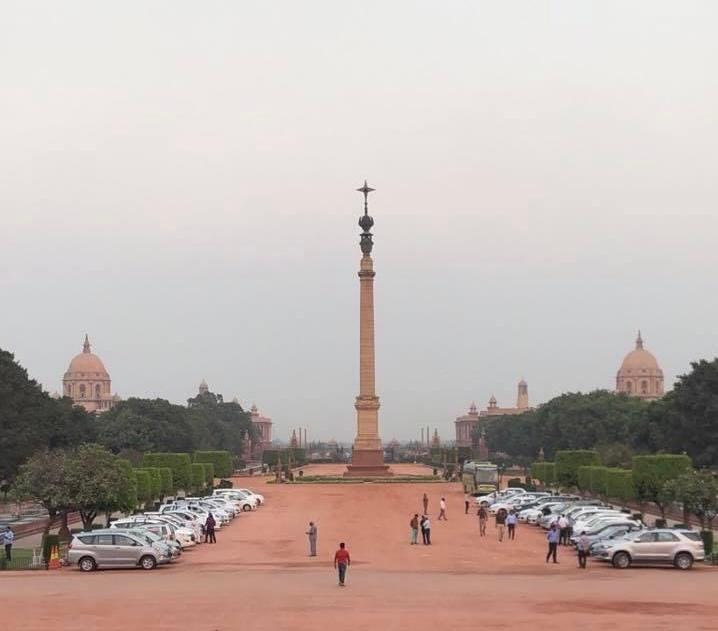
Brilliant explanation of Sanatan Dharma and Hinduism. The Dravidians who were born on the soil of the Indian sub continent may not be Hindus but they are a part of Sanatan Dharma. It is unfortunate that they want eradication of the way of life of which they are an integral part. You are right that the issue should not be politicised. Heartiest congratulations for exposing the DMK minister.